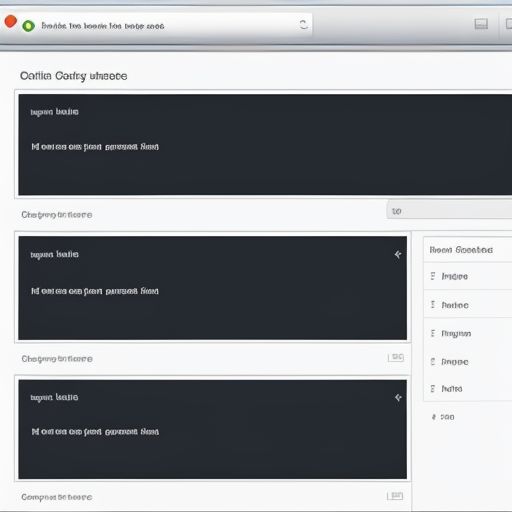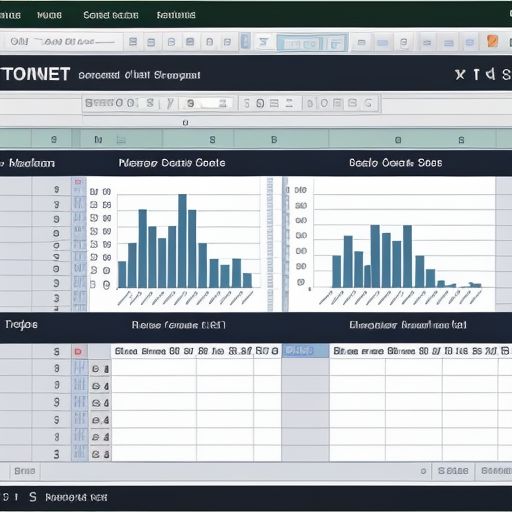Imagine this: you’re running a health and wellness website, collecting data on users’ fitness journeys. You ask about their dietary preferences, exercise routines, and maybe even their medical history to personalize their experience. Sounds harmless, right? But what you might not realize is that you’re treading on the sensitive ground of “special category data” according to the GDPR.
The General Data Protection Regulation (GDPR) sets strict rules for collecting and processing personal data, and “special category data” falls under an even stricter umbrella. Failing to comply can lead to hefty fines and a damaged reputation.
This guide will walk you through everything you need to know about Gdpr Special Category Data, its implications, and how to stay compliant.
Understanding Gdpr Special Category Data
What is Special Category Data?
The GDPR defines special category data as any information revealing:
- Racial or ethnic origin
- Political opinions
- Religious or philosophical beliefs
- Trade union membership
- Genetic data
- Biometric data (for identification purposes)
- Health data
- Data concerning a person’s sex life or sexual orientation
This data is considered particularly sensitive because its misuse could lead to significant harm, including discrimination and identity theft.
Why is Special Category Data Important Under the GDPR?
The GDPR recognizes the heightened risks associated with processing special category data. It imposes stricter rules to ensure adequate protection and prevent potential misuse. This means organizations must have a lawful basis and meet additional requirements before processing this type of data.
data.toptechslife.com/wp-content/uploads/2024/07/GDPR-Special-Category-Data-668dfb.jpg" alt="GDPR Special Category Data" width="512" height="512">GDPR Special Category Data
Frequently Asked Questions About Gdpr Special Category Data
Can I ever process special category data under the GDPR?
Yes, but it’s not a free-for-all. The GDPR outlines specific situations where processing special category data is permissible. These include:
- Explicit Consent: The data subject has given clear, unambiguous consent for you to process their data for a specific purpose.
- Employment, Social Security, and Social Protection Law: Processing is necessary for complying with obligations or exercising rights in these areas.
- Vital Interests: Processing is necessary to protect someone’s life.
- Public Interest: Processing is necessary for reasons of public interest in the area of public health, such as protecting against serious cross-border threats to health.
- Archiving Purposes: Processing is for historical research or statistical purposes, subject to appropriate safeguards.
What are the additional requirements for processing special category data?
Besides having a lawful basis, you’ll need to implement extra safeguards, such as:
- Data Minimization: Only collect and process the absolute minimum amount of data necessary for your purpose.
- Purpose Limitation: Process data only for the specific purpose for which it was collected.
- Data Security: Implement strong technical and organizational measures to protect data from unauthorized access, use, or disclosure.
- Data Subject Rights: Ensure individuals can exercise their data rights, including access, rectification, and erasure.
The Importance of GDPR Compliance
Failing to comply with GDPR regulations, especially when handling special category data, can have severe consequences, including:
- Hefty Fines: Up to €20 million or 4% of annual global turnover, whichever is higher.
- Reputational Damage: Losing your customers’ trust can be detrimental to your business.
- Legal Action: Data subjects have the right to lodge complaints and seek legal action.
In Conclusion
Navigating the world of GDPR special category data can feel like traversing a minefield, but understanding the regulations and implementing best practices is crucial for protecting both your business and the individuals who entrust you with their data. Remember, transparency is key. Be upfront with your users about what data you collect, why you collect it, and how you’re keeping it safe.



